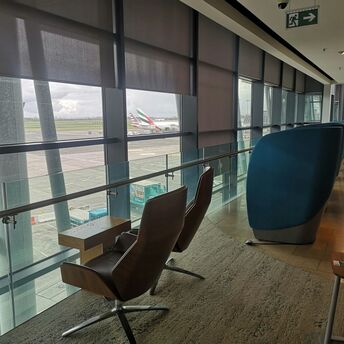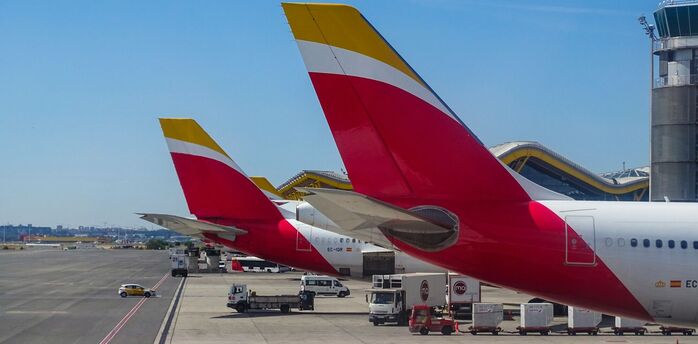Government Funding for Bus Services Drops Back to Pre-Pandemic Levels

Financial support for local bus services in England has significantly decreased, returning to pre-pandemic levels after a temporary surge during the COVID-19 crisis. This change has implications for travelers across the country, particularly in rural and isolated communities.
In the fiscal year 2022/23, government funding for bus services amounted to £2.2 billion, a sharp decrease from the £4.4 billion provided during the pandemic years. This reduction marks a return to the downward trend seen since the 2008/09 peak in funding.
Bus services play a crucial role in connecting people, especially in regions where they serve as the sole means of public transportation. The reduction in funding may affect the availability and reliability of these services, posing challenges for those who rely on buses for their daily commute and travel needs.
From 2019/20 to 2020/21, funding for bus services more than doubled to £4.4 billion, with the introduction of the COVID-19 Bus Service Support Grant (CBSSG) and the Bus Recovery Grant (BRG). These grants were essential in compensating for the revenue losses caused by a drop in passenger numbers during the pandemic.
The current funding of £2.2 billion is 33.7% lower in real terms than the peak of 2008/09. This trend raises concerns about the future of public transport services, particularly in non-metropolitan and rural areas. In 2022/23, London received £0.9 billion of the total funding, significantly higher than other regions, highlighting regional disparities in support.
The decrease in government support impacts various aspects of bus services, including net public transport support, concessionary travel, and the Bus Service Operators Grant. With private operators running most bus services outside London, there is no obligation for them to maintain loss-making routes, putting socially necessary but unprofitable services at risk.
As funding returns to pre-pandemic levels, travelers may face reduced service availability, longer wait times, and potential route cuts, especially in areas where buses are a vital lifeline. The changes underscore the need for sustainable funding solutions to ensure the continued provision of essential bus services across England.



















